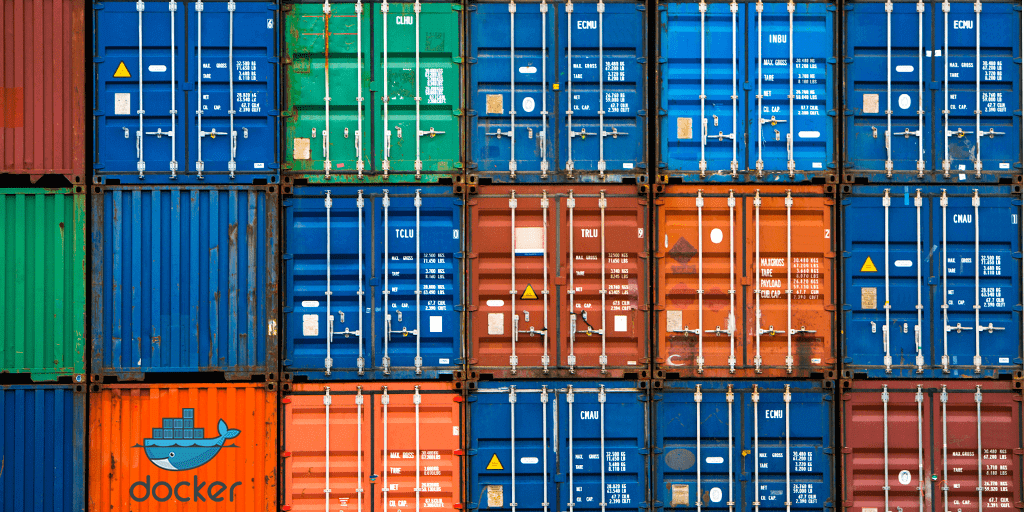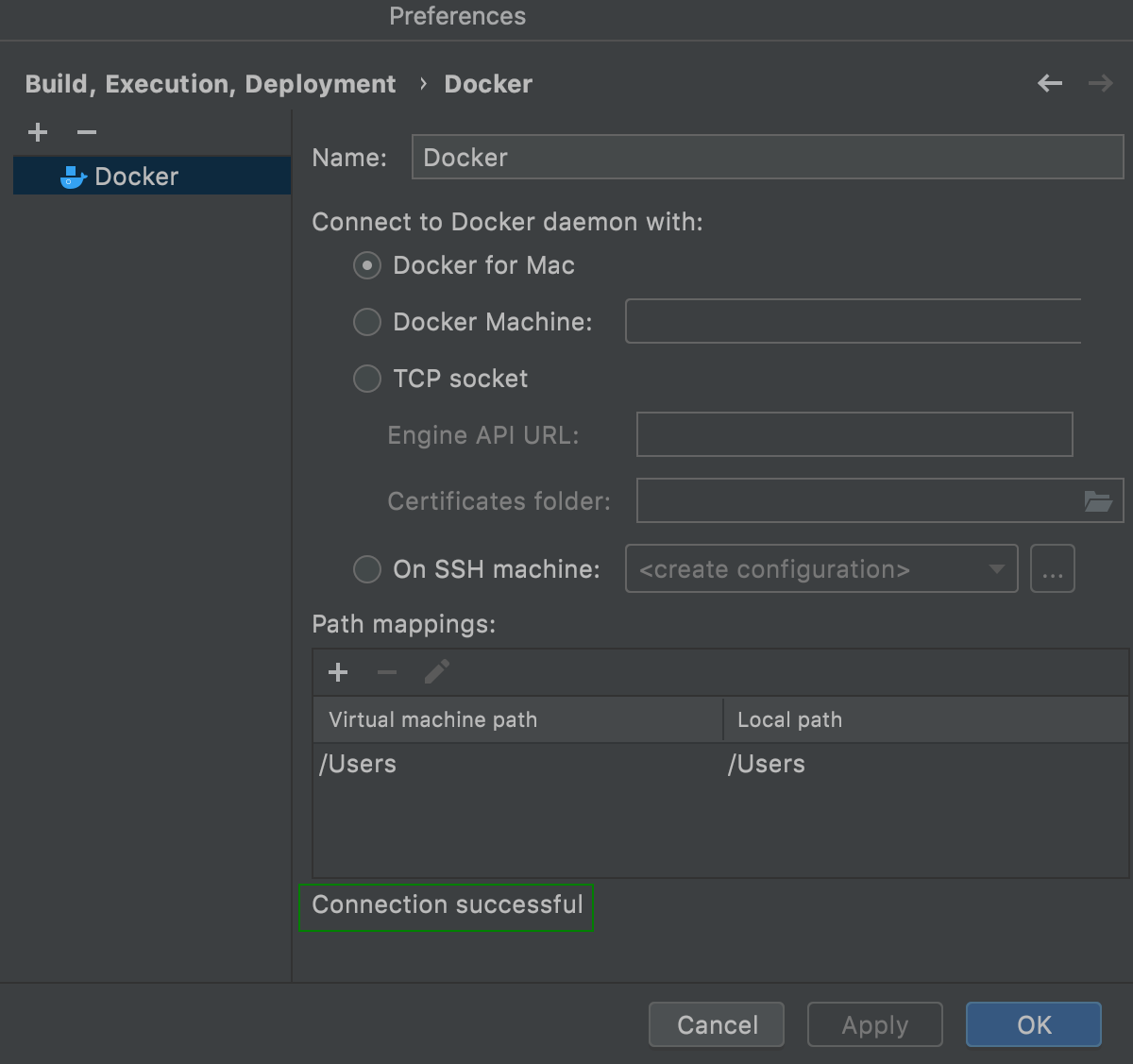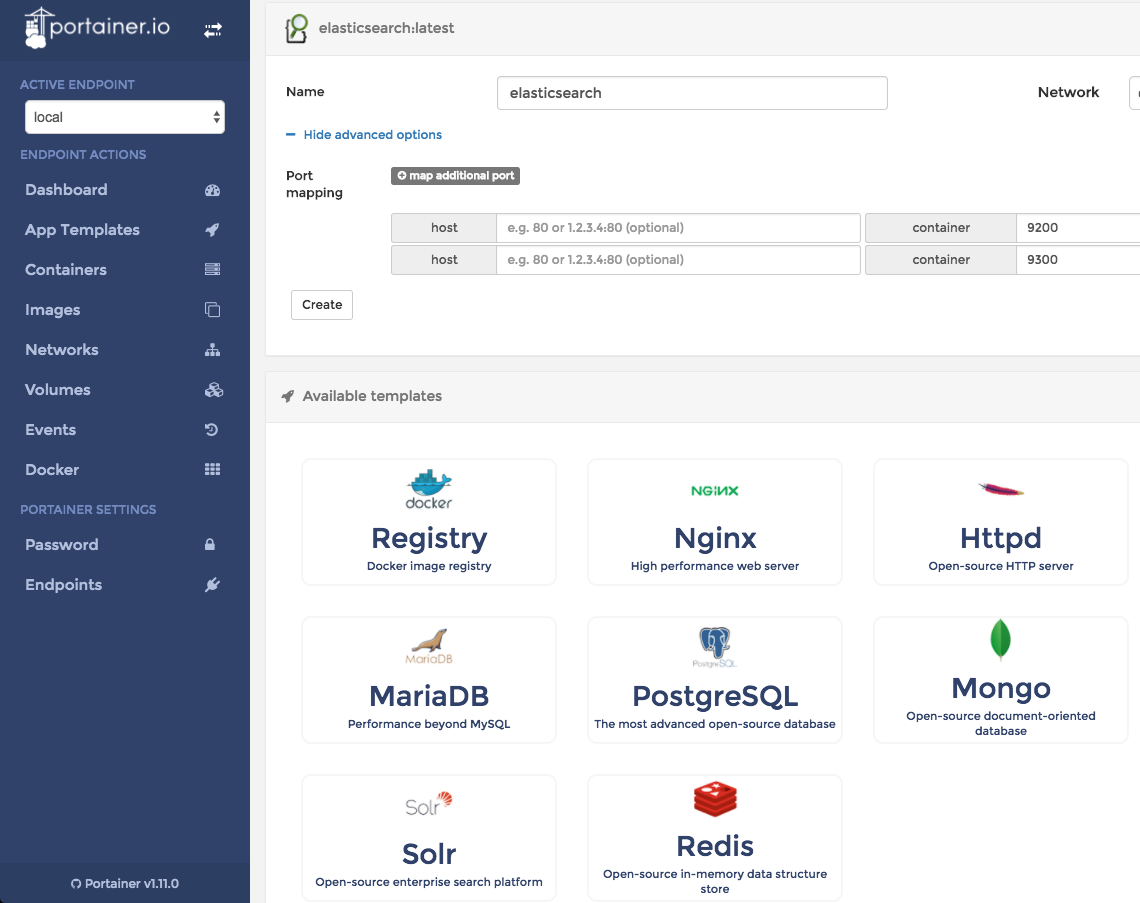

Similarly, the Apache Web Server will redirect the logs directly to specific file descriptors (/proc/self/fd/1) on your system. One good example is the NGINX image actually redirecting access and error logs to some specific devices on your Linux system ( /dev/stdout and /dev/stderr). Some particularities may exist depending on the image used.
View docker daemon logs driver#
When they are sent to an external system, you will need to have a logging driver installed for Docker to send its container logs. On Docker, container logs can either be inspected by using the “logs” command or they can be stored on an external system (like Logstash or syslog) in order to be analyzed later on. When it comes to Docker logs, you either want to inspect your container logs or the logs for the Docker daemon.
View docker daemon logs drivers#
Exporting Docker Logs using logging drivers.As of this writing, Docker has released two minor versions. To learn more about this release, check out the release notes.
View docker daemon logs install#
Thanking the contributions by community, Paer-Gotch said, "When I say 'we' throughout this ( blog) article I don’t just mean the (awesome) engineers at Docker, I mean the (awesome) engineers outside of Docker and the wider community that have helped shape this release."Īs the year 2020 concluded, Docker has repeatedly been in the news, as they introduced subscription tiers, and Kubernetes deprecated Docker Engine support with v1.20.0.įor getting started, our readers can install the packages available via the Docker website.

Adding this feature has enabled Docker to graduate "rootless" to a fully supported feature.

Docker uses namespaces with cgroups, to achieve the said isolation. Docker Engine comprises a client-server application, with a server dockerd, APIs specifying interfaces to be used by programs, and a CLI client, docker.īuilding on the foundational Linux Kernel, Docker Engine has introduced cgroups v2 to isolate the running processes and files associated with them. This is the first major release after Docker Engine 19.03, released on 22nd July, 2019.īenjamin De St Paer-Gotch, principal product manager at Docker Inc, provided details of this release in a blog post. Docker announced the next release of Docker Engine 20.10, adding support for cgroups v2 with improvements in the command line interface (CLI) and support for dual logging.


 0 kommentar(er)
0 kommentar(er)
